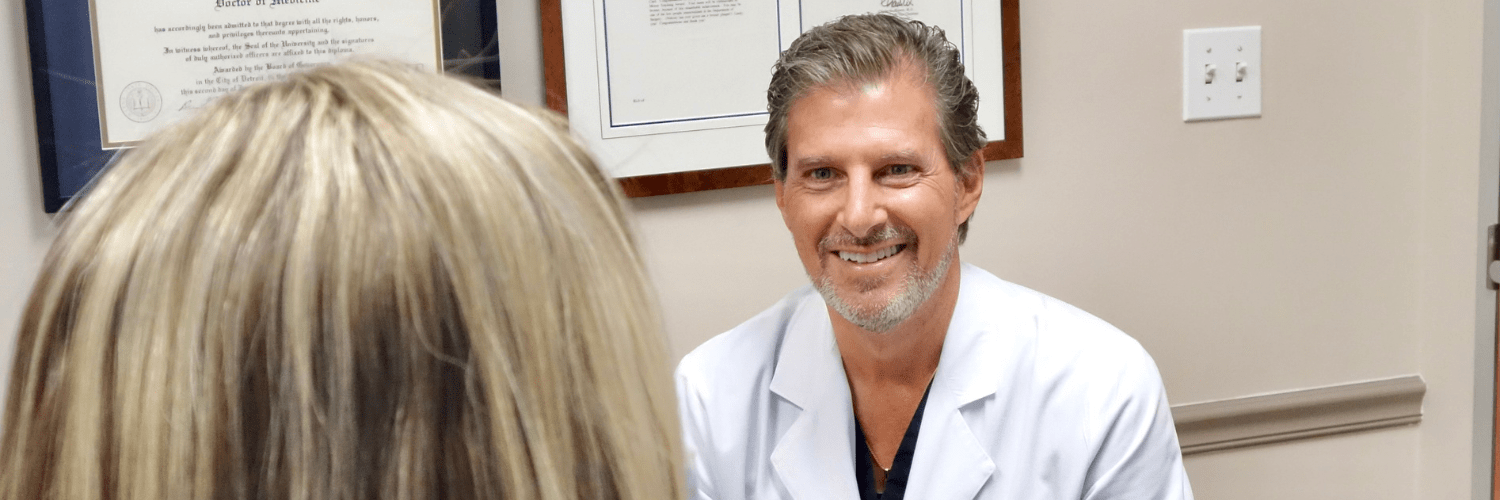
It can be very challenging to be open and honest about a breast cancer diagnosis with children of any age. However, keeping a diagnosis a secret from your loved ones can be more harmful than helpful. Children are very perceptive. They can tell when something is wrong through changes in your appearance, energy levels, or the fact that you have a lot of doctor’s appointments. Being honest with your children can prevent them from imagining the worst-case scenarios.
Children, no matter their age, need assurance. It’s important to explain what breast cancer is, how it is handled, and any potential side effects you may experience such as hair loss or fatigue.
How might your child react to the news?
Every child’s reaction to learning their parent has been diagnosed with cancer will be different. Children may experience anger, guilt, doubt, disbelief, fear, and/ or worry. No one knows your child as you do and it’s important you take this seriously. When your child learns the news, they might:
- Worry that cancer is contagious.
- Feel guilty or wonder if the cancer diagnosis was their fault.
- Become clingy or attention-seeking.
- Feel sorry for themselves.
- Withdraw from you to protect themselves.
- Act out by whining, complaining, or making rude comments.
- Have trouble eating or sleeping.
As you deliver the information about your diagnosis, your words and emotions will have a significant impact on how your child responds to the news.
How to tell your child about your diagnosis?
- Prepare what you are going to say: Before you talk, think about what you are going to say in advance. The more composed and calm you are, the less frightened they will be. We recommend writing down your key points and discussing what you plan to say with another adult beforehand.
- Choose the time wisely: Give yourself plenty of time to talk to your children so no one feels rushed. Avoid starting the conversation when you are tired or sleep-deprived. Make sure your children are well rested. Don’t be surprised if your conversation is brief or if you don’t get the response you were hoping for.
- Pick a good location: Try to create a space where your child feels secure and free to ask questions. There might be specific places where your kids are more likely to talk to you about things. Make sure your kids are comfortable with wherever you choose to communicate.
- Be ready to answer hard questions: You won’t have all the answers, however, try to prepare how you will respond to questions beforehand. Give your children the most positive outlook you can and assure them you will always be honest about what’s happening.
- Tell them what changes to expect: Explain to your children cancer can make you feel tired and sick, and you could also lose your hair or gain weight. During treatment, you might also need to have someone step in for you. Reassure them they will be taken care of when you explain these changes to them.
- Reassure them: Children rely on their parents to meet their fundamental emotional and physical needs. Your diagnosis might put your kids’ sense of security in jeopardy. Assure them your doctors are making every effort to get you better and they are loved and cared for no matter what.
Resources
Children may find it easier to confide in a teacher, grandparent, school counselor, or therapist. These adults can provide you and your child with additional care and support through this journey. Children may benefit from in-person or online support groups. You can also find many free cancer care resources below:
“Set realistic, attainable goals after your surgery. Your body is going to feel different now than it did before surgery. If you are doing it simply to lose weight or get back into a certain dress or pant size you may be setting yourself up for failure. Reset your compass.”










No Comments